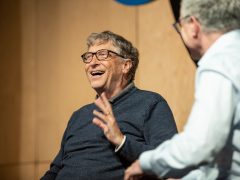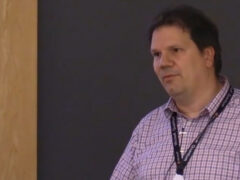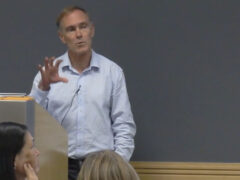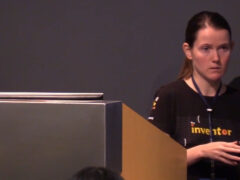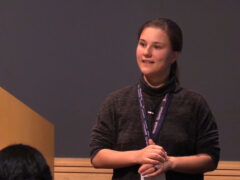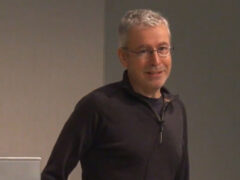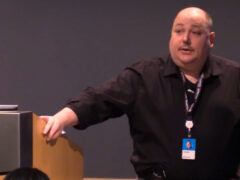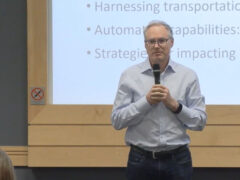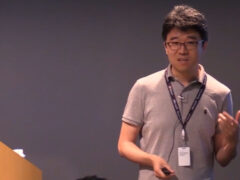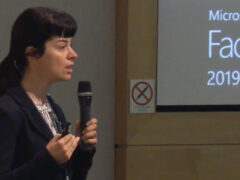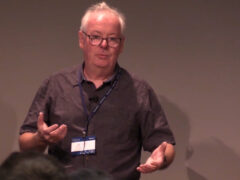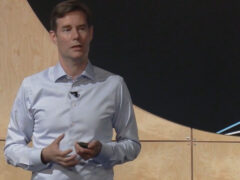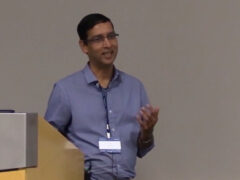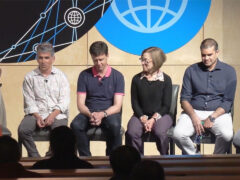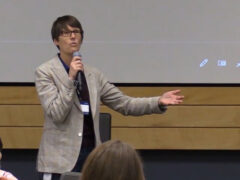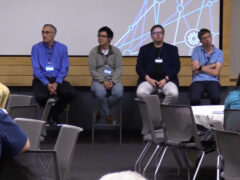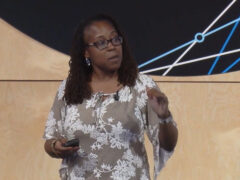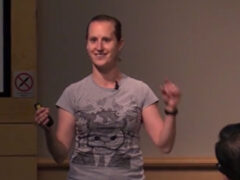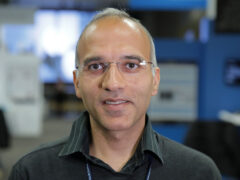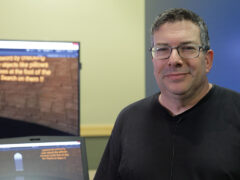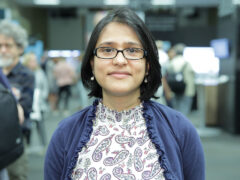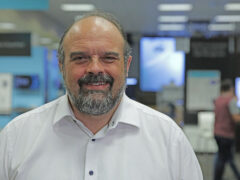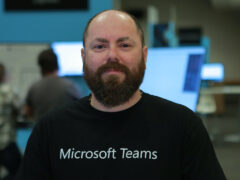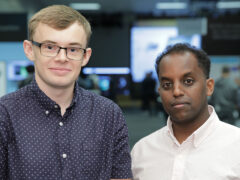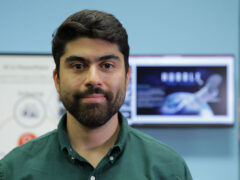Hosting Blazing Fast Services: From 1 Core to 1M Cores
- David Andersen, Ming Zhang, and Ratul Mahajan | Carnegie Mellon University, Microsoft Research
- Faculty Summit 2013
Microsoft builds and operates best-in-class data centers that contain 2,500 to more than 100,000 servers (per data center), which are connected by using cutting-edge networks within and across data centers. To meet the performance, cost, and availability demands of Microsoft and third-party services that are hosted in our data centers, our systems and networks have evolved to be highly programmable and software-defined, thereby using both hardware and software to solve challenges.
In this session from the 2013 Microsoft Research Faculty Summit, presenters from Microsoft products groups and Microsoft Research describe the systems and networking infrastructure that enable Microsoft to host thousands of services that serve hundreds of millions of users globally with an unprecedented level of performance. They share and discuss the results of their investigations and deployments, which are part of Microsoft’s worldwide, multi-year infrastructure investment and development strategy.
Speaker Details
Ming Zhang has been a researcher in the Mobility and Networking group at Microsoft Research since 2005. His research interests lie in designing, building, and managing cloud computing infrastructure, data center networks, and mobile systems. He has published over 30 scientific papers in top-tier systems and networking conferences, including OSDI, SIGCOMM, NSDI, MobiSys, and Oakland. His work on MobiPerf won the Open Internet App Award and People’s Choice App Award from the Federal Communications Commission (FCC). He received his PhD in computer science from Princeton University in 2005 and his BS in computer science from Nanjing University in 1999.
-
-
Jeff Running
-
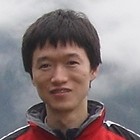
Ming Zhang
Senior Researcher
-
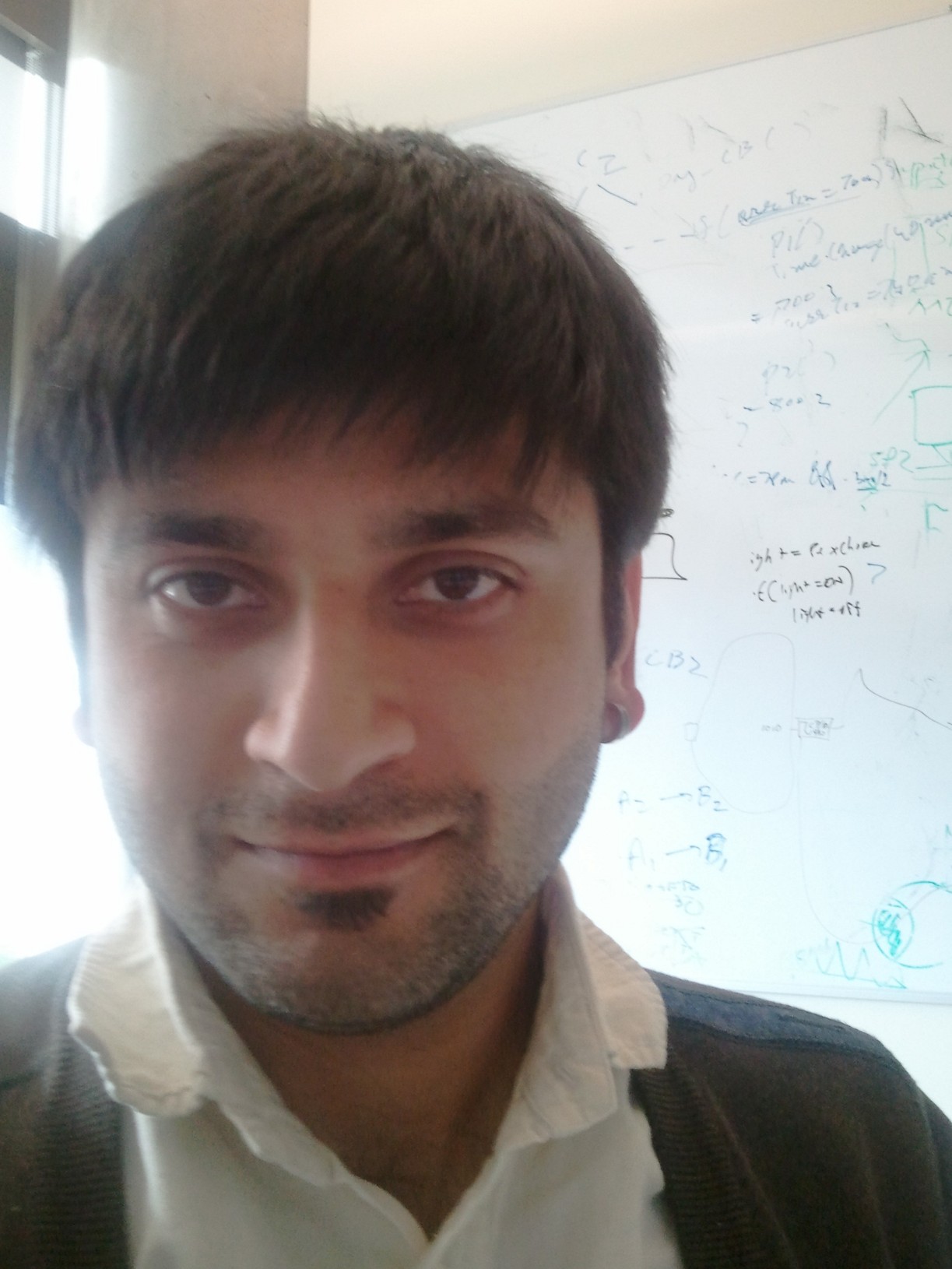
Ratul Mahajan
Principal Researcher
-
-
Series: Microsoft Research Faculty Summit
-
-
-
Cars, Computing and the Future of Work: Specific topics of mutual interest
- Linda Boyle,
- Ed Doran,
- John Lee
-
-
-
Crowd, Cloud and the Future of Work: Updates from human AI computation
- Pietro Michelucci,
- Lucy Fortson,
- Franco Pestilli
-
-
Cars, Computing and the Future of Work: A UW & MSR Workshop: Welcome and Overview of Projects
- Linda Boyle,
- Ed Doran,
- Eric Horvitz
-
-
Crowd, Cloud and the Future of Work: Welcome and Updates
- Besmira Nushi,
- Ece Kamar,
- Kori Inkpen
-
Empowering People to Achieve More: How Useful a Concept is Productivity?
- Brendan Murphy,
- Yvonne Rogers,
- Steve Whittaker
-
Keynote - The Future of Work And the Power of Data
- Johannes Gehrke
-
Productivity in Software Development
- Neel Sundaresan,
- Margaret-Anne Storey,
- Prem Kumar Devanbu
-
Artificial Emotional Intelligence, Social Systems, and the Future of Collaboration
- Mary Czerwinski,
- Mark Ackerman,
- Gloria Mark
-
Workers of the World, Connect! Tech Innovations and Organizational Change for the Future of Work(ers)
- Mary Gray,
- Jamie Woodcock,
- Louise Hickman
-
Increasing AI Programmer Productivity
- Markus Weimer,
- Sarah Bird,
- Ce Zhang
-
Human-AI Collaboration for Decision-Making
- Besmira Nushi,
- Ayanna Howard,
- Jon Kleinberg
-
Future of Spreadsheeting
- Ben Zorn,
- Felienne Hermans,
- Daniel Barowy
-
Program Synthesis meets Notebooks
- Sumit Gulwani
-
Accessible Virtual Reality
- Eyal Ofek
-
Calendar.help: A Virtual Meeting Scheduling Assistant
- Pamela Bhattacharya
-
Visual Studio IntelliCode
- Mark Wilson-Thomas
-
Microsoft Teams: Collaborate with Any Researcher Anywhere
- Jethro Seghers
-
Project Alava: Programming Webs of Microcontrollers
- James Devine,
- Teddy Seyed
-
AI in PowerPoint
- Kostas Seleskerov

